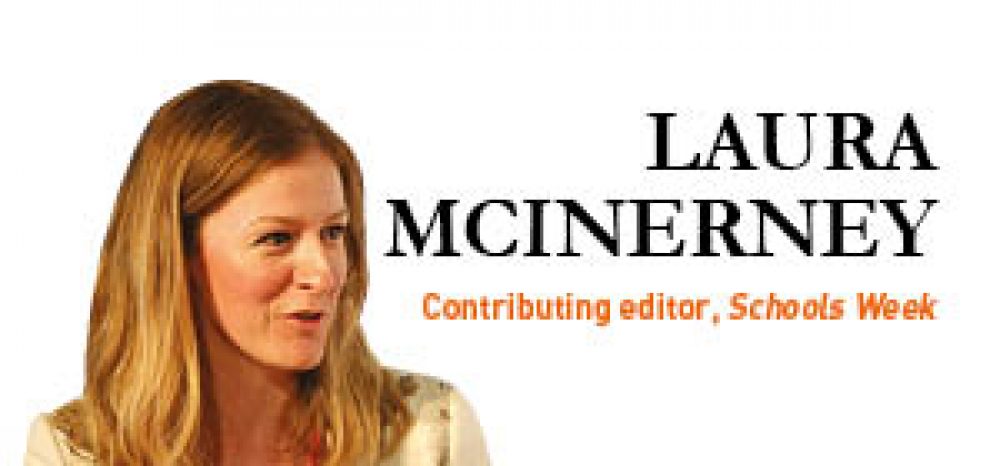Are schools going to get more money? That’s the question headteachers keep asking – not least at the ASCL conference last week – and it’s the one that’s guaranteed to cause everyone grief. And quite honestly, the answer appears to be no.
Damian Hinds is a classic low-tax Conservative. In his time as a member of parliament’s education select committee he focused ruthlessly on efficiency and gave short shrift to the unions’ pleas for more resources.
If this sounds harsh to a left-leaning profession, it’s worth remembering that he does not hold this view because he hates people. He simply believes that people should be allowed to spend more of their salaries as they wish, rather than having to hand it over for taxes.
Back in 2010, when the Coalition first got into power and started cutting public services back, it was easy to trim out extra services: the cash for fancy computers, the extracurricular lessons, the parenting classes, and the family liaison officers were really helpful in the early 2000s, but they went and the world limped on for a while.
At the top, schools are having more loaded onto them: safeguarding, nationality checks, the mental health of looked-after children
The problem now is that those computers are breaking, pupils have to pay to learn the piano, and families are struggling to cope with a toxic trifecta of the gig economy, hopeless housing, and a punitive benefits system.
Running a school amid these changes is like playing the world’s worst version of Jenga. The bricks that support the bottom – mental health services, drug workers, safe houses – have all been pushed out. At the top, schools are having more loaded onto them: safeguarding, nationality checks, the mental health of looked-after children.
Now the tower is tumbling. No wonder teachers are desperate to escape by dropping to part-time hours. It’s the only way to avoid crashing wooden slabs.
‘When will this stop?’ one headteacher asked recently.
Historically, the answer to this question is “when something so awful happens that it can’t be ignored”.
The NHS is also struggling. A&E rates are going up, in part because more people are going, but also because it’s harder to discharge vulnerable people when there aren’t as many care places for them. When this happened in the 1990s, things came to a head once patients began dying on trollies in overcrowded corridors.
In schools, the line to despair is much longer, and it first hits groups who are less able to make a fuss. Special needs funding, especially around transport, is already tight. One head on Twitter has claimed that mental health provision is so tight in her area that unless a child is suicidal there are no services available whatsoever. Parents of these children are often too exhausted to fuss. School leaders are too busy holding up the sides of the Jenga tower to shout.
Labour isn’t helping, to be honest. Their cacophony this week about free meals got good headlines but the new threshold won’t change how many children get lunches – if anything, a few more will. But it missed the point that schools are desperate for access to better social, care and health services.
If there is no more money for schools, and Hinds is genuinely about efficiency, he could gain traction by working with other government departments. Can housing do something to aid teacher living costs? Can health give clearer information about access to mental health services? It’s no use the government bleating that these must be local solutions when councils have had their vaults gutted.
Ultimately, if there is no more cash, then there needs to be a national strategy for taking some of the Jenga bricks off schools and letting teachers get on with the job of teaching.
The tower is already wobbling. It won’t be pretty when it crashes.
Laura McInerney is contributing editor of Schools Week








Your thoughts